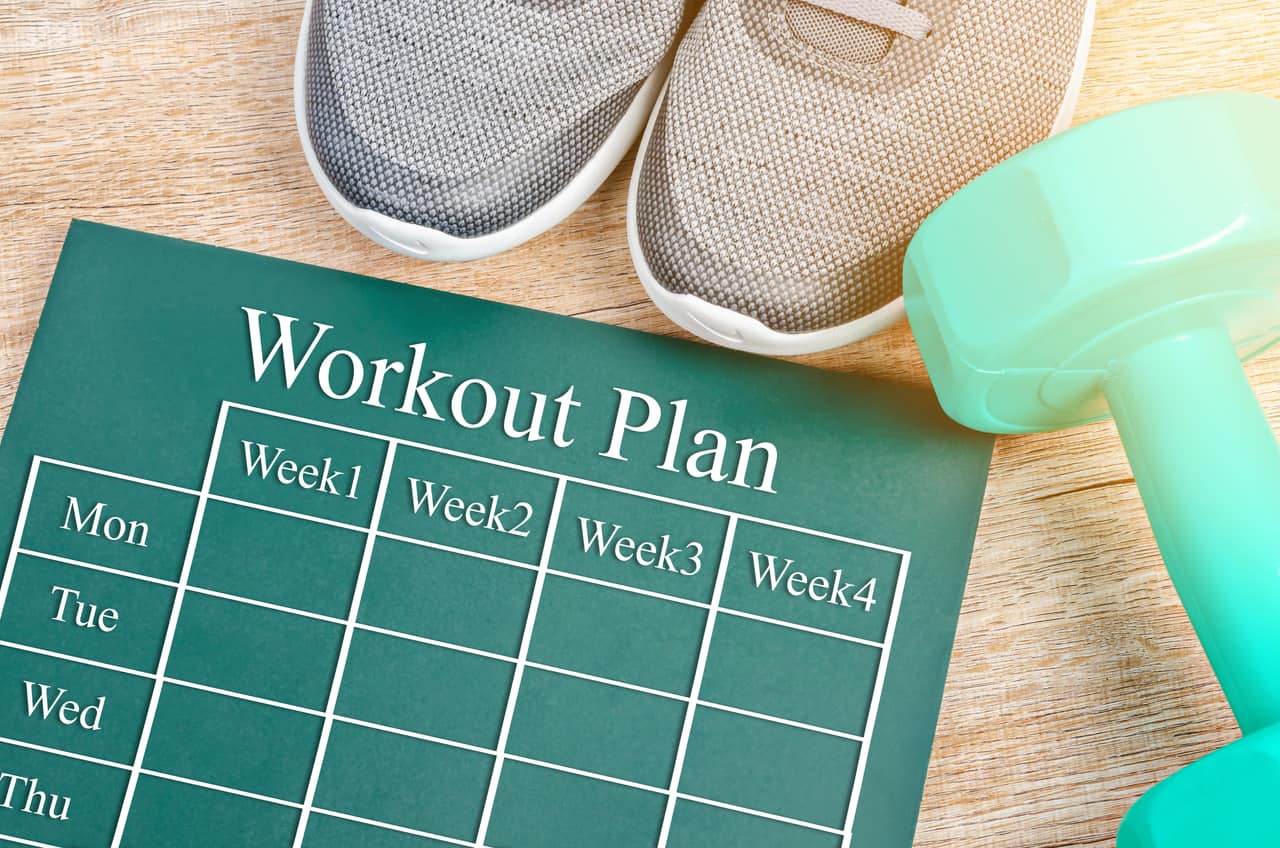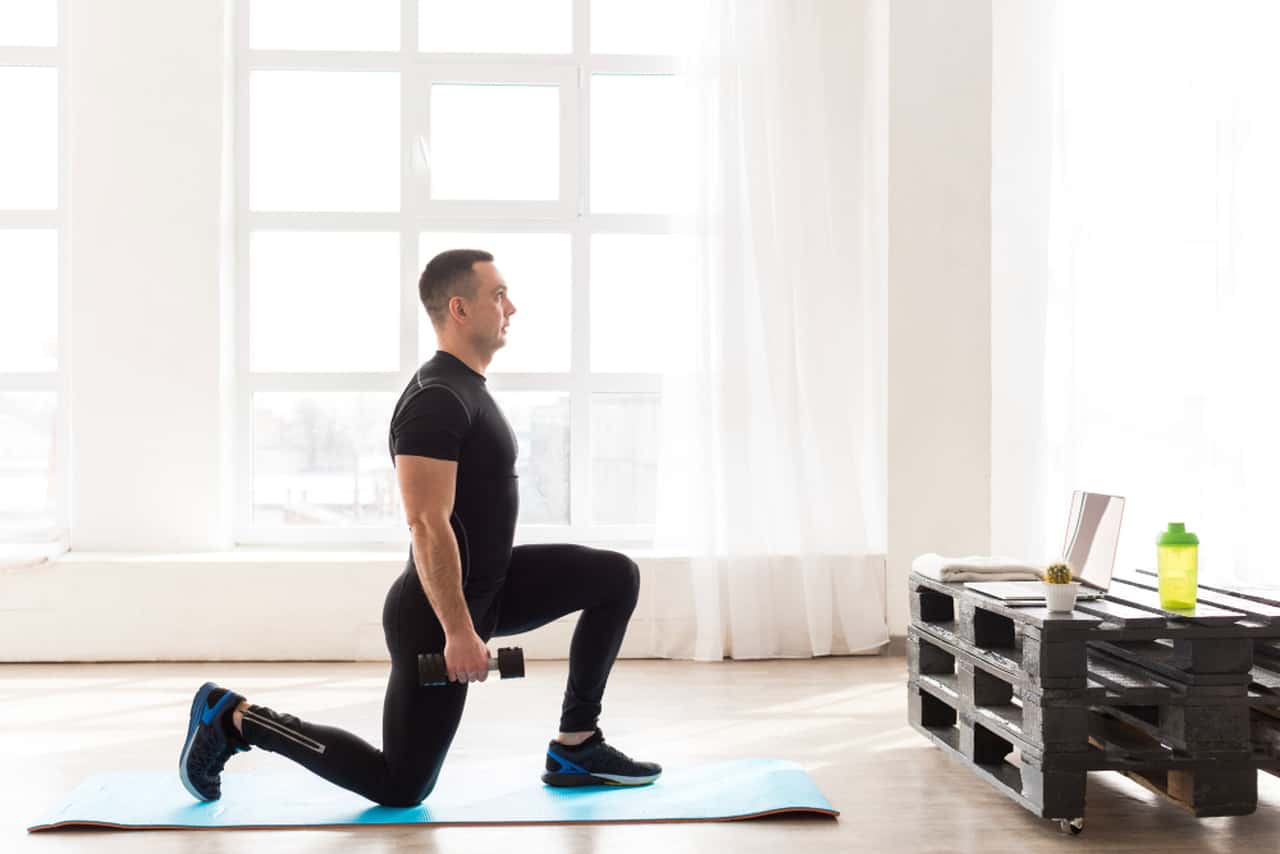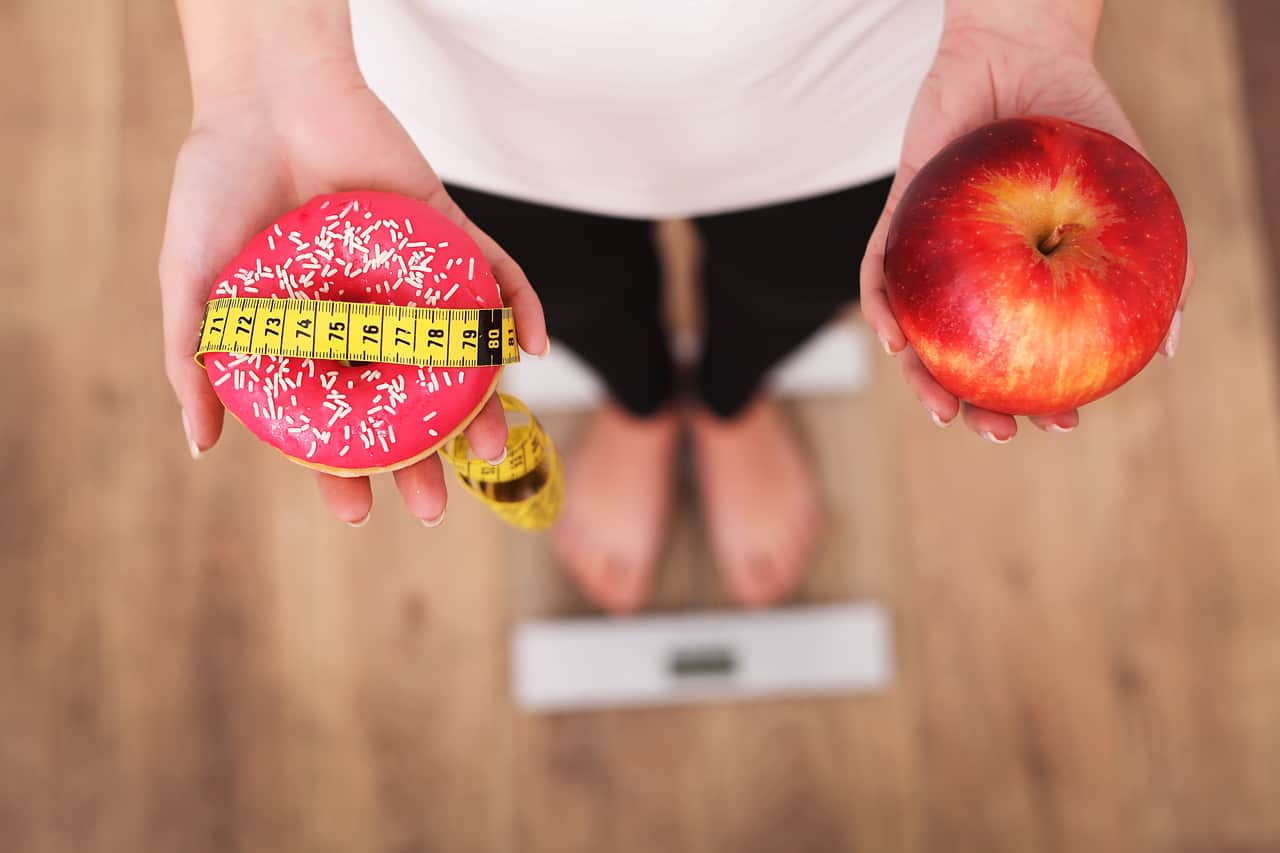It can be challenging for someone grappling with mental illness to find the energy or desire to exercise. But here’s a fact: an exercise routine can be a real game changer for your mental health. Although it might sound tough initially, integrating regular physical activity into your life can play a vital role in managing depression. Feeling a difference can take time, but the journey is rewarding.
A personalized exercise program, tailored to your likes and fitness level, might just be the catalyst you need to stay motivated on working out. One thing to remember is to avoid negative self-talk and focus on the small victories along the way.
Now, you might be wondering, “how do I even start?” That’s what we’re here to discuss. By the end of this article, we hope you’ll be inspired to take the first steps towards a healthier, happier you.
So, let’s dive in and explore this further, shall we?
1. Understand your Situation and Seek Professional Help

Recognizing the presence of a major depressive disorder is the initial step towards self-improvement. It’s important to remember that it’s completely okay to feel what you’re feeling. If you’re dealing with depression, seeking help from health professionals is not a sign of weakness but an act of strength.
They can provide you with a better understanding of your situation and offer strategies for incorporating physical activity into your routine. They may even suggest a yoga class, which can be a great way to gently introduce exercise into your life. Plus, it has been proven beneficial for both mental and physical health.
2. Create a Flexible Workout Schedule

Crafting a realistic workout schedule is another crucial step. Sometimes, when you’re feeling depressed, even the smallest tasks can feel overwhelming. That’s why it’s important to set a routine that you can stick to at your own pace, without feeling overburdened.
Maybe start with a few minutes of simple stretching or a short walk around the block, gradually increasing your activity level as you go. Also, try incorporating activities you enjoy, like dancing to your favorite songs. Remember, exercise isn’t a chore but a pathway to feeling better.
3. Seek Support from Family and Friends

A solid support system can make a huge difference in your journey to better mental health. Engaging with family members or friends who understand your situation can be a great source of motivation. Consider inviting a friend or family member to join your workout sessions.
Having a workout buddy can not only make the experience more enjoyable but also keeps you accountable and motivated to maintain your exercise routine. Remember, every small step forward counts and with the right support, you can do this.
4. Opt for a Simple and Repeatable Routine

When you’re feeling low, complex workout routines can feel daunting and unmanageable. Instead, opt for simple and repeatable exercises that you enjoy.
This could be as straightforward as going for a daily walk or stretching while you watch Netflix. Staying active doesn’t have to mean pushing yourself to the limit every day; it’s more about making consistent efforts to move a little bit more.
5. Pay Attention to your Diet and Dress

A healthy diet is a powerful ally in your fight against depression. Nourishing your body with good, wholesome foods can support your mood and energy levels, making progress in your exercise routine more achievable.
Also, investing in comfortable workout clothes can surprisingly boost your self-esteem and motivate you to stick to your routine. Dressing the part can help you feel prepared and might just give you that extra push to start your workout.
6. Track your Progress and Conquer Negative Thoughts

Keeping a track record of your physical activity can give you a tangible sense of accomplishment, helping to combat negative thoughts and reinforce the positive impact of staying active.
Remember, progress isn’t just measured in weight loss or muscle gain, but in how you feel mentally. Are you feeling less stressed after your workouts? Are you sleeping better? These are significant victories worth celebrating.
7. Congratulate Yourself Often

Each step you take towards staying active is worth celebrating, no matter how small. Managed to do a five-minute walk? Great! Put on your workout clothes today? Fantastic! Always remember, progress is progress.
Celebrating these victories, even the tiny ones, can reinforce your efforts and make you feel motivated to keep going. Remember, every victory, no matter how small, is a step away from feeling stressed and a stride towards improving your mental health.
8. Set Realistic Goals

Setting unrealistic goals can lead to disappointment and can undermine your motivation. Instead, aim for achievable, specific targets that fit your current circumstances. Perhaps your goal is to attend a yoga class once a week, or to walk for 15 minutes each day.
According to the American Journal of Psychiatry, even small amounts of exercise can help alleviate symptoms of depression, so don’t worry about setting grandiose goals. It’s about consistency, not intensity.
9. Be Gentle to Yourself

In your journey to improve your mental health through exercise, there will be days when you may not be able to follow your exercise routine. It’s crucial to be patient and kind to yourself during these times.
Feeling guilty or beating yourself up will only drain your energy. Understand that it’s okay to have off days and give yourself permission to take things slowly when you need to.
10. Discover What Works Best for You

Everybody is different. What works for one person may not necessarily work for you. It’s essential to find the type of physical training you genuinely enjoy. Be it dancing, cycling, or lifting weights, find your niche.
Make exercise a ‘me-time’ you look forward to rather than a burden. Consider your preferences, and women’s health needs, when designing your routine.
Conclusion
Incorporating exercise into your life while dealing with depression may seem like a daunting task, but remember, every journey begins with a single step. By setting achievable goals, being gentle with yourself, finding activities you enjoy, and celebrating every victory, you can create a beneficial routine that works for you.
If you feel stressed, exercise can be a powerful tool for mental health, and with patience and persistence, you can harness its benefits. Remember, you’re not alone on this journey, and help is always available when you need it.
So take that first step today – your future self will thank you.
